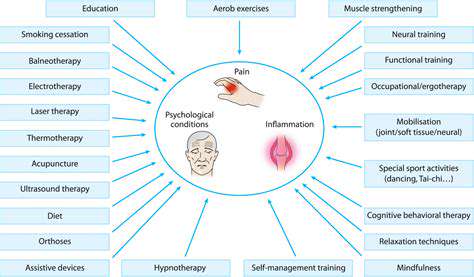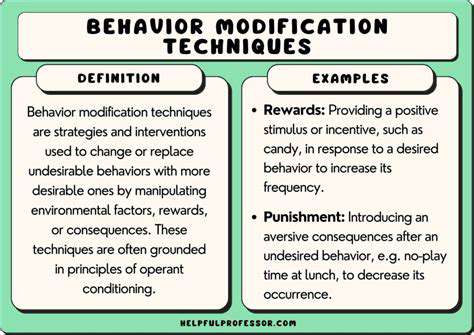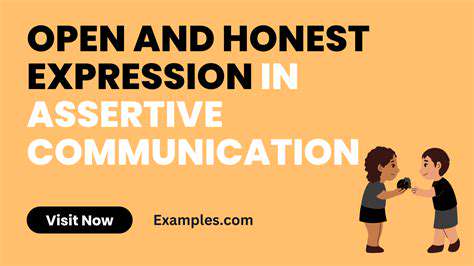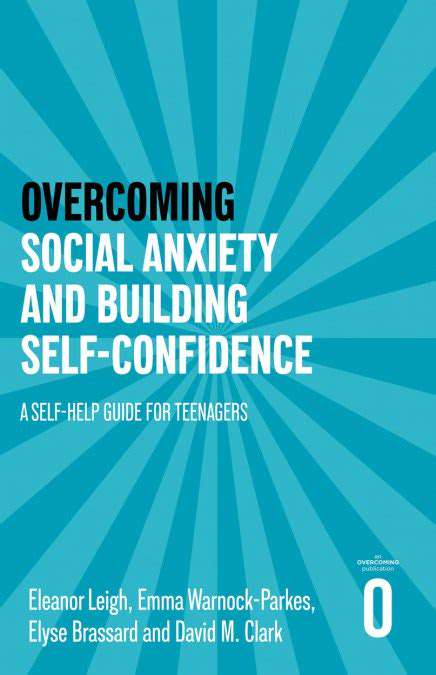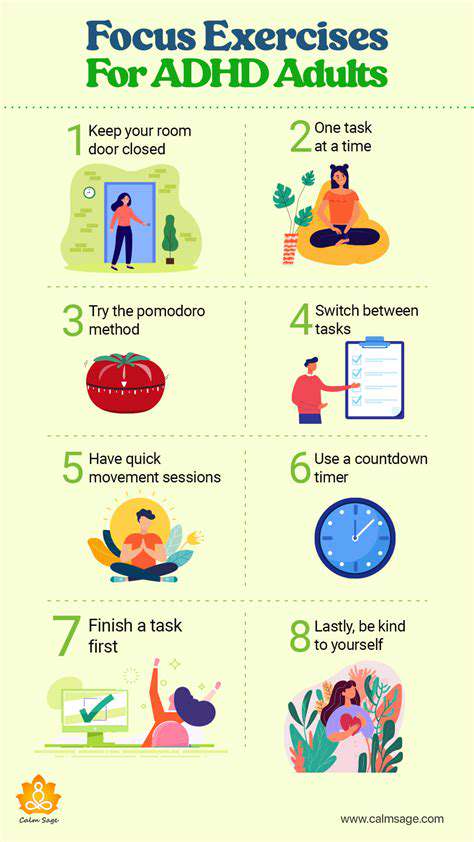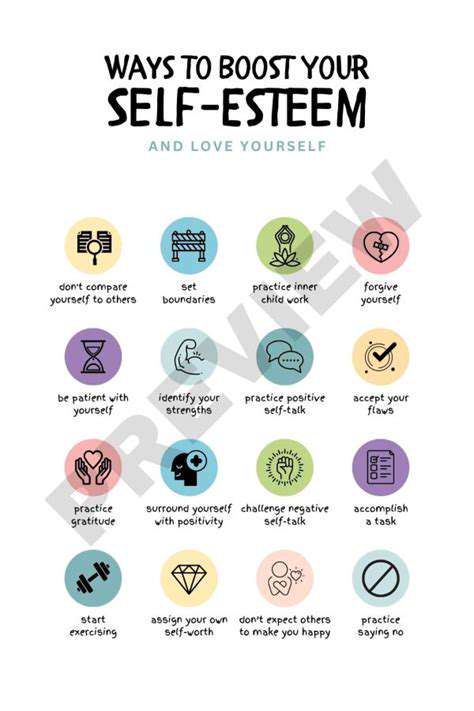Best Meditation Apps for Beginners [2025 Review]
Key Features to Look for in a Beginner-Friendly Meditation App
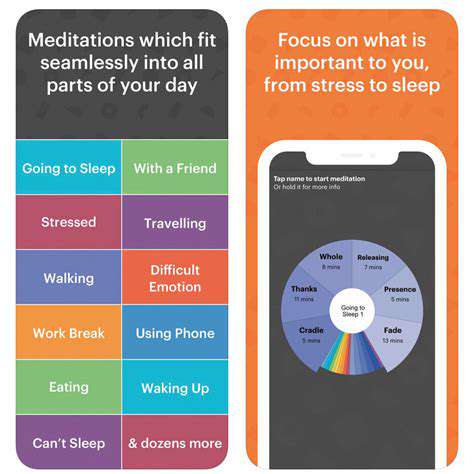
Beginner-Friendly Design
When starting your meditation journey, the right app should feel like a welcoming guide rather than a complex puzzle. The interface must prioritize clarity over clutter, ensuring newcomers don't feel lost in unnecessary features. Look for apps with intuitive navigation where core functions are immediately visible. Many successful beginners report that large, legible text and straightforward menus made their first weeks of practice significantly easier.
While advanced apps might boast hundreds of meditation types, a curated selection of 10-15 high-quality sessions often proves more valuable for novices. This focused approach helps users build confidence through mastery rather than confusion through choice overload. The best beginner apps typically include visual progress indicators - simple elements like streak counters or completion badges that provide gentle motivation without pressure.
Ease of Use and Daily Integration
The most effective meditation apps understand that consistency beats duration, especially for beginners. Look for features that remove friction from daily practice, such as one-tap session starters or customizable reminders. Many users find apps with quick start options (3-5 minute sessions) maintain their practice better than those requiring lengthy setup.
Consider how the app handles interruptions - life happens, and beginner-friendly apps should allow pausing or provide condensed versions when time runs short. The physical design matters too; apps with calming color schemes and uncluttered screens tend to create better meditation environments than those crammed with information.
Core Features for Foundational Practice
Every beginner needs certain fundamental tools to build their practice. A quality app must include clear instructions on proper breathing techniques and posture - often overlooked but crucial elements. Basic guided sessions should explain meditation concepts in everyday language, avoiding esoteric terms that might confuse first-timers.
The ability to gradually increase session duration proves invaluable as skills develop. Look for apps that offer natural progressions from 5-minute to 10-minute and eventually 20-minute sessions. Varied guidance styles (male/female voices, different background sounds) can help users discover what works best for their focus.
Top 3 Meditation Apps for Beginners in 2025

Selecting Your Meditation Companion
With countless options available, beginners should prioritize apps that grow with them. The ideal starter app balances hand-holding for initial sessions with pathways to independent practice. Many successful meditators began with apps offering 30-day challenges - structured programs that build skills progressively while maintaining engagement.
Pay attention to voice guidance quality. Calm, relatable instructors often work better for beginners than overly dramatic or monotone narrators. Several studies show that beginners prefer guidance that acknowledges wandering thoughts as normal rather than demanding perfect focus.
Guided Journeys for New Practitioners
Modern meditation apps now categorize sessions by specific beginner needs. Look for programs targeting common starter challenges like quieting the busy mind or dealing with physical discomfort. The best apps offer multiple entry points - some users prefer sleep-focused meditations while others benefit more from morning focus sessions.
Increasingly, apps incorporate brief video explanations demonstrating proper techniques. These visual aids significantly help beginners who struggle with purely audio guidance. Some leading apps now include meditation dictionaries explaining terms like mindfulness or body scan in practical terms.
Tracking Your Mindfulness Evolution
While data shouldn't dominate practice, thoughtful tracking features help beginners recognize subtle progress. The most effective apps highlight patterns rather than just streaks - showing how mood or focus correlates with practice times or session types. Some innovative apps now provide weekly insight summaries pointing out milestones the user might have missed.
Personalization goes beyond just session length. Top apps now adjust recommendations based on time of day, detected stress levels (through optional health app integration), and even weather conditions. This smart adaptation makes practice feel more relevant to daily life.
Building Your Practice Community
Human connection significantly impacts beginner retention. The most engaging apps balance private practice with optional community features. Look for apps offering moderated beginner forums where newcomers can share experiences without intimidation. Some apps now host live group meditations specifically for first-timers, creating shared experiences while maintaining personal space.
Peer support features have evolved beyond simple message boards. Leading apps now include buddy systems matching beginners with slightly more experienced practitioners for mutual encouragement. These connections often prove more valuable than generic social features.
Design That Welcomes Rather Than Overwhelms
Accessibility features separate exceptional beginner apps from the rest. Top-rated apps now include options for larger text, high-contrast modes, and even simplified interfaces for overwhelmed users. The most thoughtful designs remember user preferences across sessions - if someone always skips the pre-meditation chime, the app should learn to disable it automatically.
Innovative apps employ subtle cues rather than jarring alerts. A gentle color shift might indicate session progress better than a ticking timer. Some apps now use haptic feedback (subtle vibrations) to guide breathing patterns - particularly helpful for beginners who struggle with audio-only guidance.
Scaling With Your Growing Skills
While beginner focus is crucial, the app should offer natural progression paths. The best apps introduce advanced concepts gradually, like offering silent meditation versions of familiar guided sessions. Look for apps that provide bridge content - sessions specifically designed to transition users from guided to unguided practice.
Some apps now include meditation challenges that aren't about duration but skill development - like maintaining focus during distractions or applying mindfulness to daily tasks. These help beginners see meditation as a practical life skill rather than just an isolated practice.
Value Considerations for New Meditators
The free vs. paid decision involves more than just cost. Many beginners benefit from trying multiple free apps before committing, as meditation styles are highly personal. Surprisingly, some premium apps now offer money-back guarantees if users don't find value within a set period - a testament to their confidence in effectiveness.
Consider subscription models carefully. Some apps offer beginner tiers with essential features at lower costs, while others provide lifetime access options. The most transparent apps clearly differentiate between nice-to-have premium features and core functionality needed for foundational practice.
Read more about Best Meditation Apps for Beginners [2025 Review]
Hot Recommendations
-
*Guide to Managing Gout Through Diet
-
*Best Habits for Financial Well being
-
*How to Build a Routine for Better Mental Health
-
*How to Eat Healthy on a Budget [Tips & Meal Ideas]
-
*Guide to Practicing Self Acceptance
-
*How to Incorporate More Movement Into Your Day
-
*Guide to Managing Chronic Pain Naturally
-
*Guide to Building a Reading Habit for Well being
-
*Top 5 Weight Loss Supplements That Actually Work
-
*Best Exercises for Postpartum Recovery [Beyond Abdominal Work]
